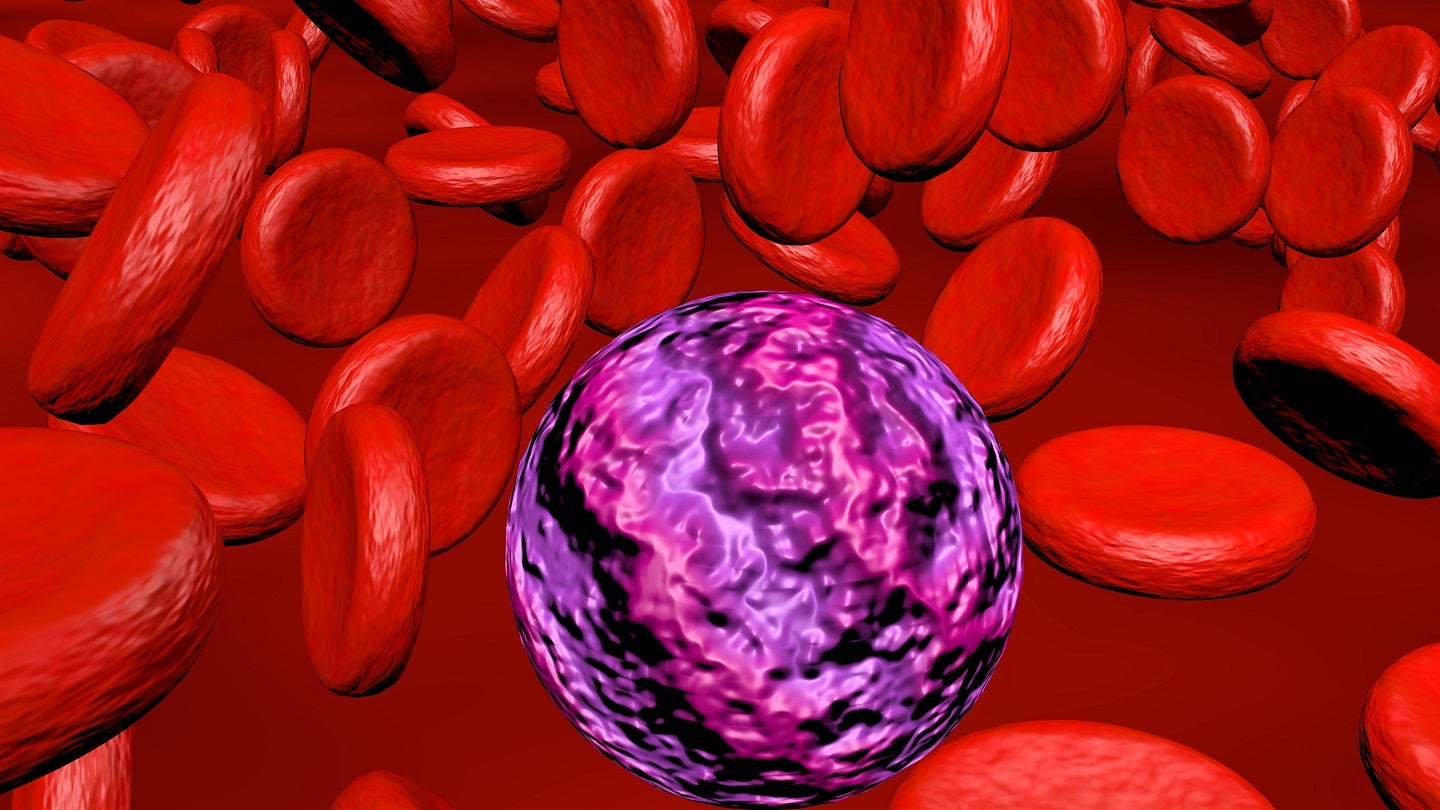
US-based biotechnology company Foghorn Therapeutics has dosed the first patient in a Phase I study of FHD-286 along with decitabine or cytarabine to treat relapsed and/or refractory acute myelogenous leukaemia (AML).
The dose escalation study intends to evaluate the efficacy, safety and tolerability of the combination therapies in AML patients.

Discover B2B Marketing That Performs
Combine business intelligence and editorial excellence to reach engaged professionals across 36 leading media platforms.
They will receive oral FHD-286, along with either fixed-dose decitabine or cytarabine, in a standard 3+3 dose escalation pattern.
In the Phase I monotherapy dose escalation study, heavily pre-treated AML patients treated with FHD-286 showed recoveries in absolute neutrophil count and reductions in both peripheral and bone marrow blast counts.
These patients also showed changes in CD11b+ cells, CD34+ cells and other associated biomarkers. Paired bone marrow biopsies of patients were collected to assess these parameters.
Preclinical models with several combined therapies, including decitabine and cytarabine, also demonstrated improved survival benefit when compared with the single agent treatment.

US Tariffs are shifting - will you react or anticipate?
Don’t let policy changes catch you off guard. Stay proactive with real-time data and expert analysis.
By GlobalDataFoghorn Therapeutics president and CEO Adrian Gottschalk said: “Based on the broad differentiation effect previously seen in the single-agent escalation study, we believe FHD-286 has the potential to be a widely used therapeutic in AML.
“We are pleased to announce that the first patient has been dosed in the AML combination study and anticipate having data in the second half of 2024.”
FHD-286 is an allosteric, small-molecule, enzymatic inhibitor of the BRG1 (SMARCA4) and BRM (SMARCA2) proteins.
It has also demonstrated anti-tumour activity across various malignancies, including both haematologic and solid tumours, in pre-clinical studies.
Last year, Foghorn Therapeutics was forced to suspend a trial of FHD-286 after one patient in the trial died during treatment.
The trial was investigating FHD-286’s efficacy in treating relapsed and/or refractory AML and myelodysplastic syndrome (MDS).
AML is a malignancy of the blood and bone marrow and represents the most common kind of acute leukaemia in adults.





